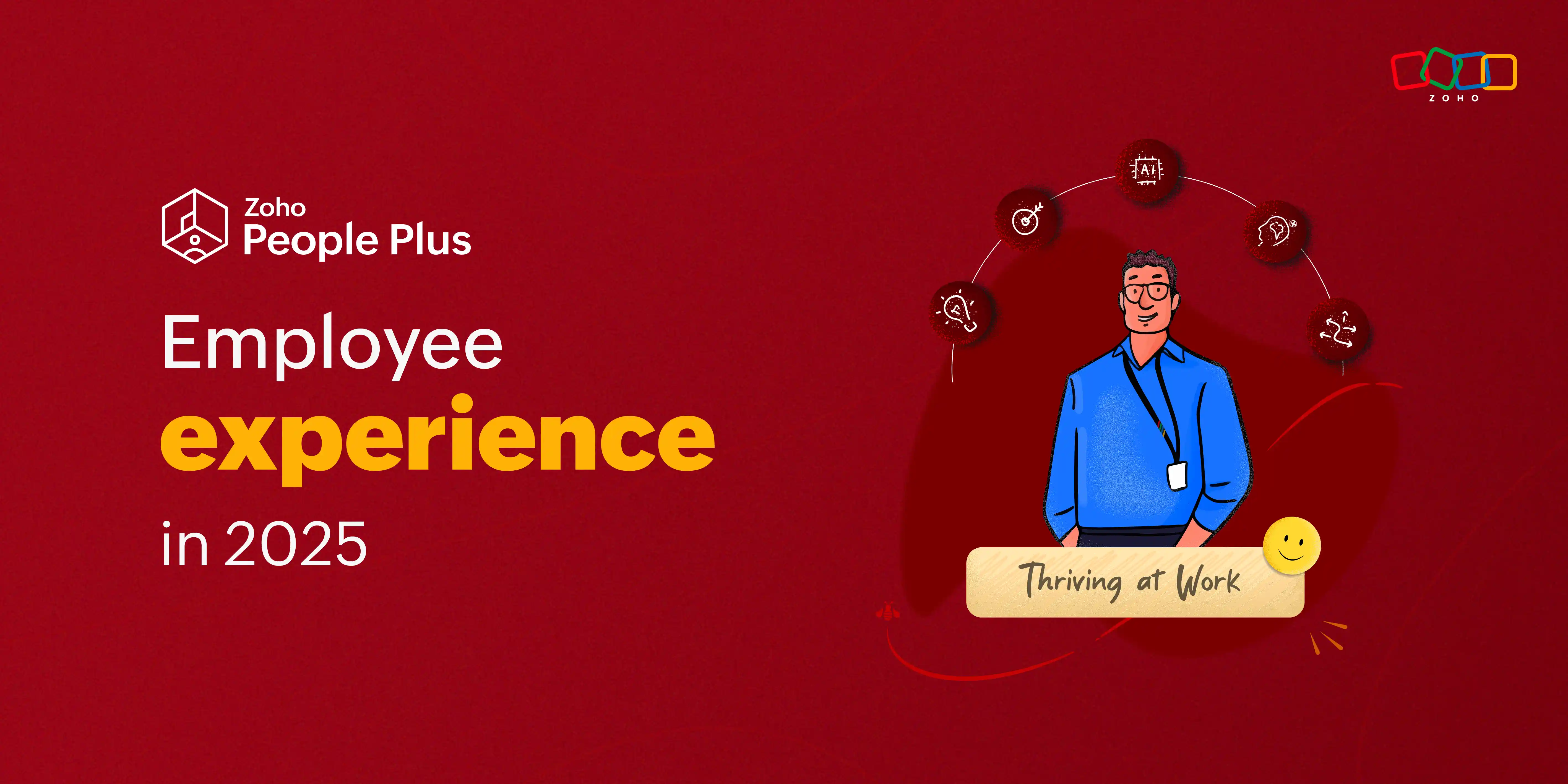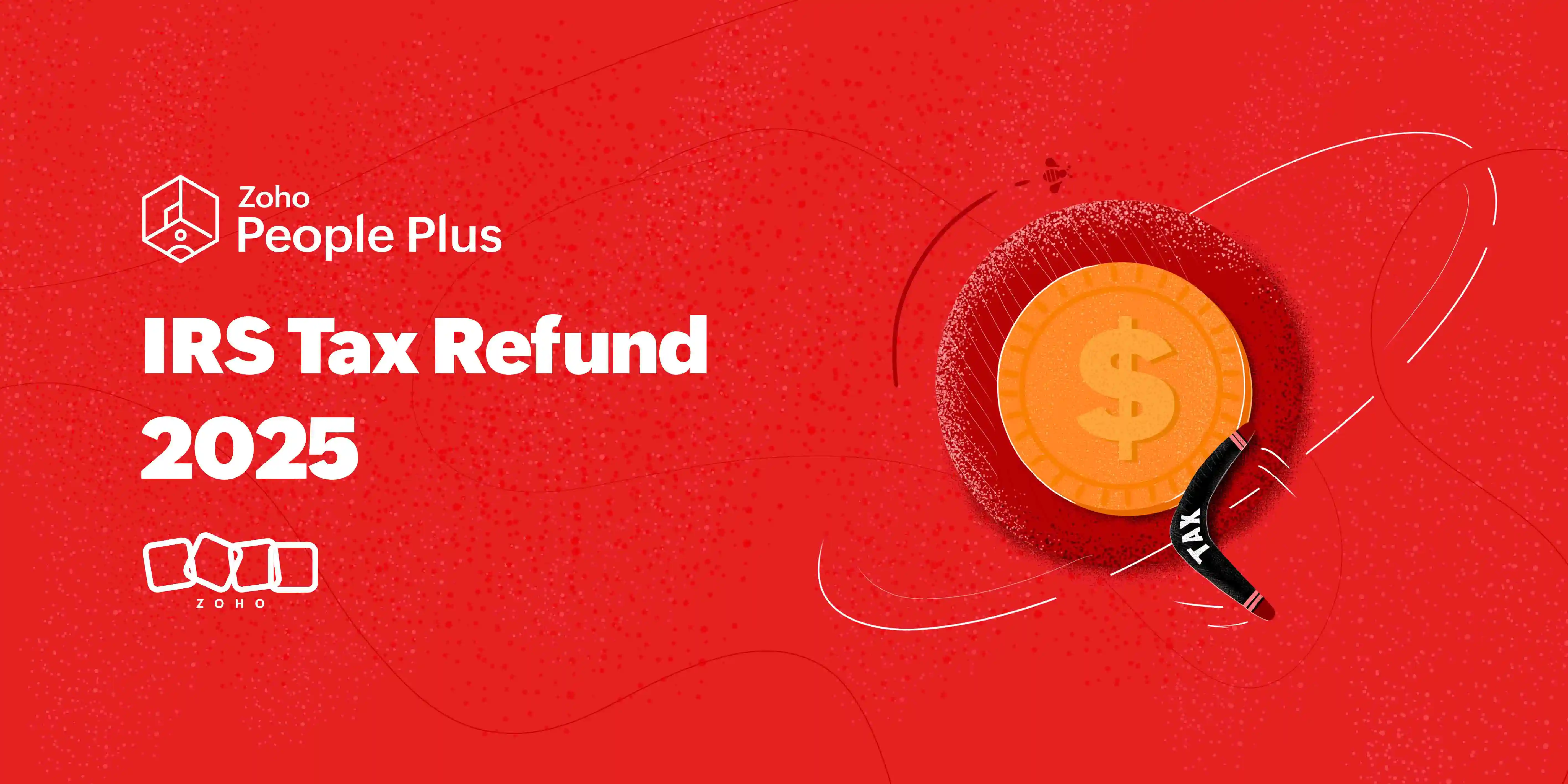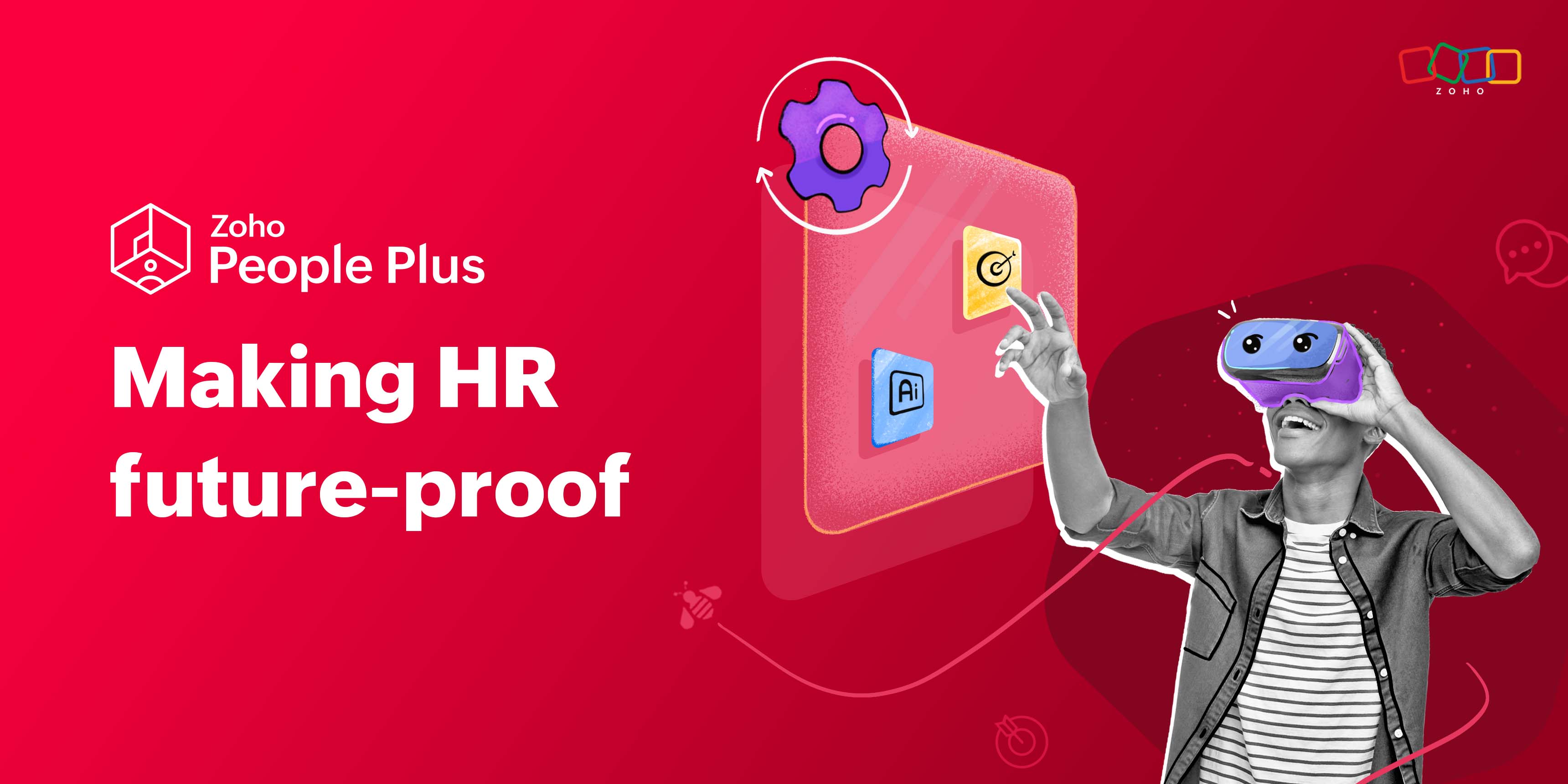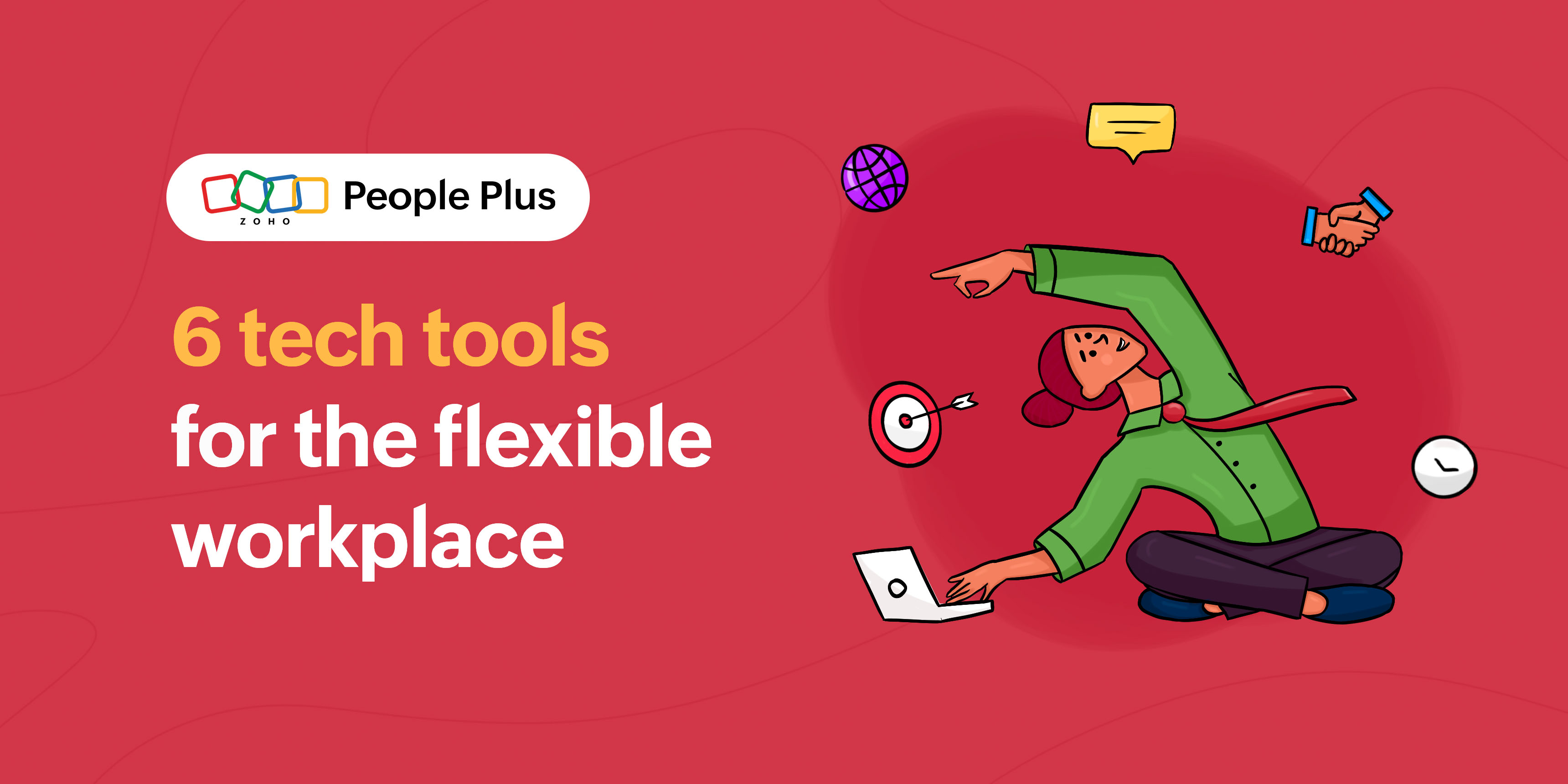Employee experience in 2025: What matters the most
- Last Updated : March 25, 2025
- 44 Views
- 4 Min Read

The landscape of employee experience (EX) is evolving significantly as what matters to employees and what matters to the organization keeps changing. Technological advancements, particularly the integration of artificial intelligence (AI), are accelerating this shift.
Since employee experience is becoming one of the key factors influencing employee engagement, productivity, satisfaction, and business success, HR teams need to stay on top of these EX trends to attract, engage, and retain top talent. Notably, research indicates that employees reporting a positive EX are 16 times more engaged than those with negative experiences. So, it's time for organizations to focus on the employee experience to gain a competitive advantage and pave the way for sustainable growth.
Here are some key employee experience trends to focus on in 2025.
Hyper-personalization
Hyper-personalization is the next big thing. Employees are looking for highly individualized HR strategies that cater to their needs, preferences, behaviors, and attitudes. They want everything from onboarding and training to performance management and benefits to resonate with their diverse and unique needs. To implement hyper-personalized HR strategies, HR teams should leverage advanced analytics to gather insights into the individual behaviors and preferences of each employee. For instance, using data analytics to analyze the data from training feedback surveys can give valuable insights into how employees prefer to be trained. Similarly, encourage managers to have regular check-ins with each team member to understand their individual goals, challenges, and preferences.
AI integration
Right now, we're living in the AI era. It has successfully penetrated most aspects of our life, and HR management is no exception. HR teams should integrate AI into their management strategies to elevate the employee experience. For instance, having an AI-enabled HR chatbot that can answer all of your employees' questions, apply for leave for them, mark their attendance, get a list of pending tasks, fill timesheets, and more can make it easy for employees to manage their HR tasks.
Moreover, having AI as part of your training program can help recommend personalized training paths to employees based on their career goals and business needs. Additionally, in performance management, AI can provide meaningful feedback by analyzing performance data and help employees set realistic goals based on the tasks and projects in the pipeline.
Mental health and well-being
A Gallup study reveals that nearly 44% of employees worldwide experience high levels of stress. When left unaddressed, mental health challenges can take a toll on morale, job satisfaction, and overall happiness and lead to increased isolation and burnout, ultimately influencing employee experience in profound ways. That's why the HR team must make mental health and employee well-being an inseparable part of their employee experience strategy.
Provide employees access to mental health services like counseling, therapy, and Employee Assistance Programs (EAPs). Improve mindfulness with sessions like yoga, meditation, and more. Encourage employees to use their breaks frequently. Encourage managers to distribute workload evenly across their team members. Normalize conversations around mental health. Make sure each of your HR processes is built in a way that cares for employees.
Purpose-driven work
The younger generation of employees expects their organizations to offer purpose-driven work. Doing meaningful work that aligns with their values and at the same time contributes towards a greater cause. This gives them a sense of fulfillment and leads to personal satisfaction, providing them with a positive working experience. As a first step, ensure all of your employees have a clear idea about the purpose of your organization. Have it documented in your company handbook, employee intranet, and other common platforms that are accessed by employees.
Flexible working schedules
According to a recent Workplace Flexibility Survey, 94% of the respondents report that flexible work would be beneficial to them. Better mental health and improved professional and personal life integration are some of the many benefits that employees gain from workplace flexibility. That's why organizations should strive to offer flexible working schedules to employees to help them have better control over their working hours, which would ultimately improve their overall working experience.
Explore and offer different working models, including compressed work weeks, remote work, hybrid work, flextime, and more. Rather than focusing on the process and timelines, start prioritizing the quality of work and the results. You can probably set clear expectations for availability, deadlines, and communication.
Increased focus on technology
Currently, employees are looking for more tech tools that help them simplify work. Employees want to automate mundane tasks and focus on meaningful work. Organizations that invest in tech-driven tools will see a quick boost in the overall satisfaction and productivity levels of employees. That's why HR teams should focus on implementing user-friendly, self-service HR portals, instant messaging applications, project management tools, and any tool that would help employees reduce friction and manual burden in their everyday tasks.
Wrapping up
This year, employee experience will continue to become one of the key differentiators for organizations to level up their talent management strategies and to attract and retain top talent. We hope this blog post gave you a clear idea about the different employee experience trends that are shaping 2025!










